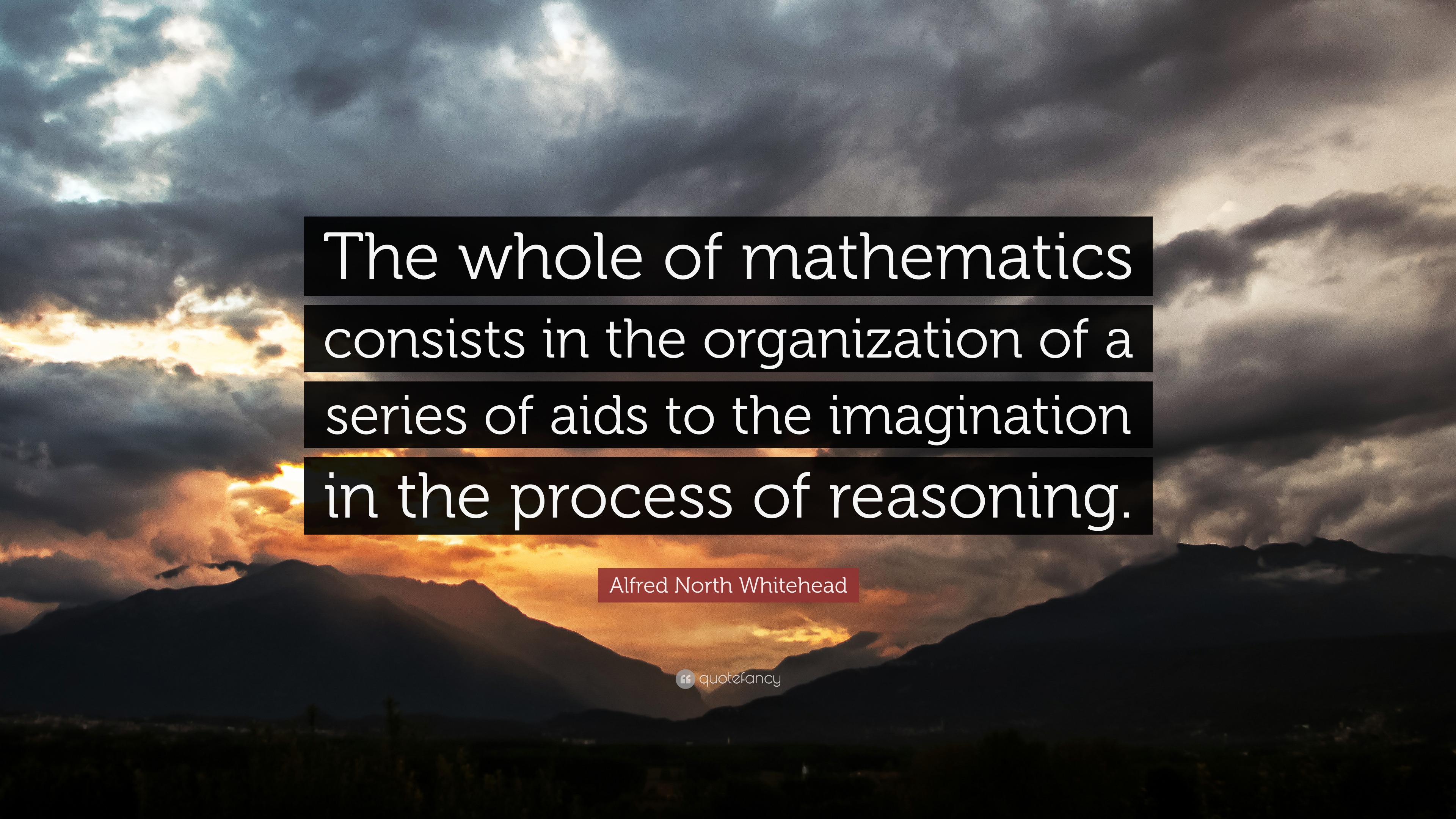
I am especially indebted to Alexander’s great work. It will be obvious to readers that I have found them very suggestive. There has been no occasion in the text to make detailed reference to Lloyd Morgan’s Emergent Evolution or to Alexander’s Space, Time and Deity.

But the book represents one train of thought, and the antecedent utilisation of some of its contents is a subsidiary point. The tenth and eleventh chapters-„Abstraction’ and ‘God’-are additions which now appear for the first time. and the twelfth chapter-‘Religion and Science’-formed an address delivered in the Phillips Brooks House at Harvard, and is to be published in the August number of the Atlantic Monthly of this year (1925). Of this new matter, the second chapter-‘Mathematics as an Element in the History of Thought’-was delivered as a lecture before the Mathematical Society of Brown University, Providence, R. But some additional matter has been added, so as to complete the thought of the book on a scale which could not be included within that lecture course. These lectures with some slight expansion, and the subdivision of one lecture into Chapters VII and VIII, are here printed as delivered. This book in the main consits of a set of eight Lowell Lectures delivered in the February of 1925. Thoughts lie dormant for ages and then, almost suddenly as it were, mankind finds that they have embodied themselves in institutions. It is the architect of the buildings of the spirit, and it is also their solvent: -and the spiritual precedes the material. It builds cathedrals before the workmen have moved a stone, and it destroys them before the elements have worn down their arches.

If my view of the function of philosophy is correct, it is the most effective of all the intellectual pursuits. What is wanted, and what I have striven after, is a sympathetic study of main ideas as seen from the inside. and-so far as may be-efficient, a process which otherwise is unconsciously performed without rational tests.īearing this in mind, I have avoided the introduction of a variety of abstruse detail respecting scientific advance. It has to insist on the scrutiny of the ultimate ideas, and on the retention of the whole of the evidence in shaping our cosmological scheme. It is its function to harmonise, re-fashion, and justify divergent intuitions as to the nature of things. Philosophy, in one of its functions, is the critic of cosmologies. We may ask ourselves whether the scientific mentality of the modern world in the immediate past is not a successful example of such provincial limitation. Men can be provincial in time, as well as in place. But each age has its dominant preoccupation and, during the three centuries in question, the cosmology derived from science has been asserting itself at the expense of older points of view with their origins elsewhere. In so far as the same set of people are swayed by all, or more than one, of these interests, their effective outlook will be the joint production from these sources. In every age each of these topics suggests a view of the world. The various human interests which suggest cosmologies, and also are influenced by them, are science, aesthetics, ethics, religion.

There may be more than one such scheme, corresponding to cultural divisions.

This study has been guided by the conviction that the mentality of an epoch springs from the view of the world which is, in fact, dominant in the educated sections of the communities in question. The present book embodies a study of some aspects of Western culture during the past three centuries, in so far as it has been influenced by the development of science. Whitehead argued that “there is urgency in coming to see the world as a web of interrelated processes of which we are integral parts, so that all of our choices and actions have consequences for the world around us.” Read more Whitehead’s main point of departure from western philosophy is that reality was fundamentally constructed by events rather than substances which means that both are intertwined in a web of reality. Starting late in 1910 Whitehead developed an interest in philosophy of science, and metaphysics. The three-volume Principia Mathematica (1910–13), written with Bertrand Russell is considered to be one of the most important classical works in mathematical logic. His early work was in logic, and physics. This school has found many areas of application to the disciplines of ecology, theology, education, physics, biology, economics, and psychology. He is the founding father of the philosophical school of process philosophy. Alfred North Whitehead, OM FRS (15 February 1861–30 December 1947) was a philosopher and mathematician.


 0 kommentar(er)
0 kommentar(er)
